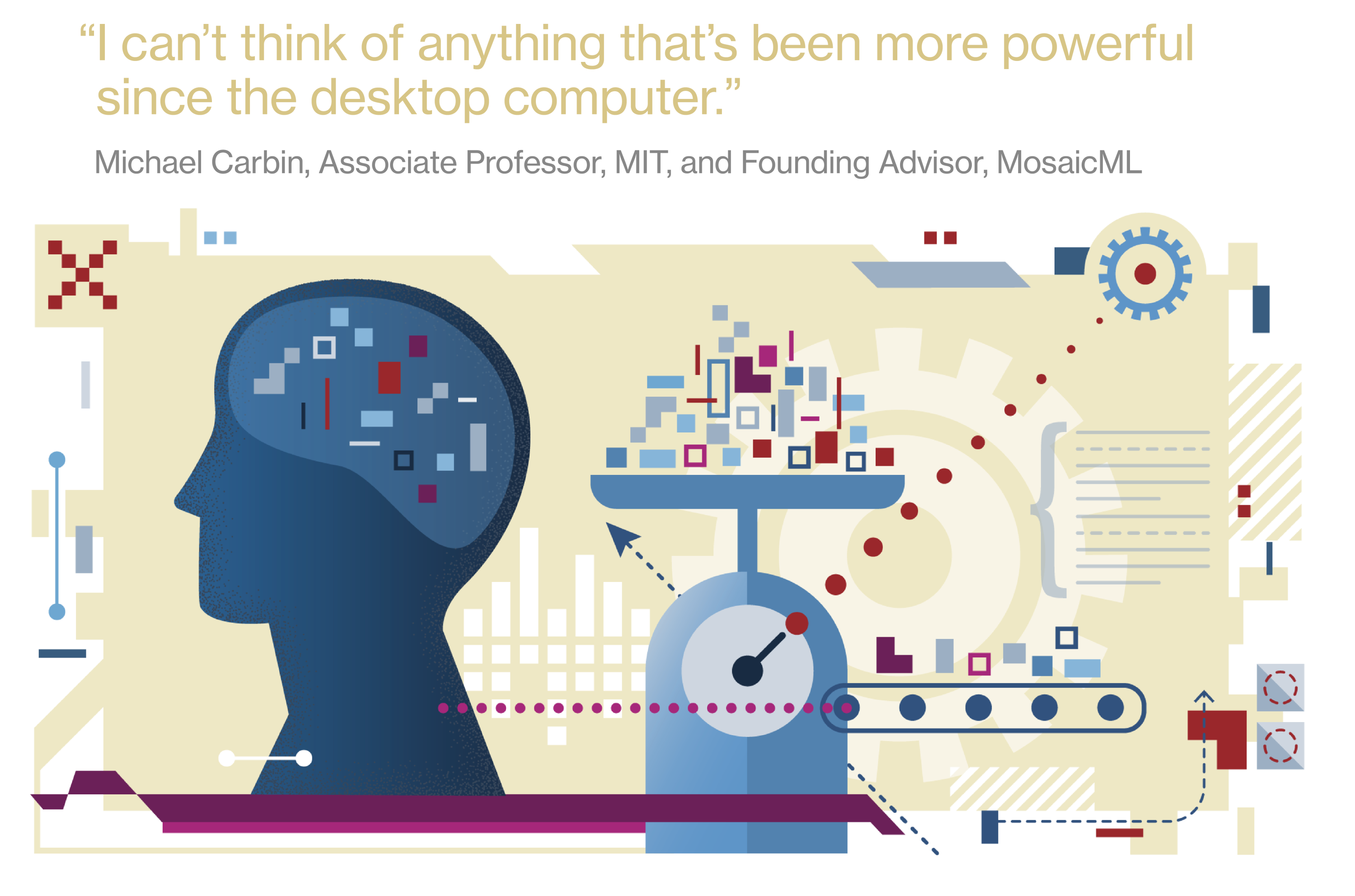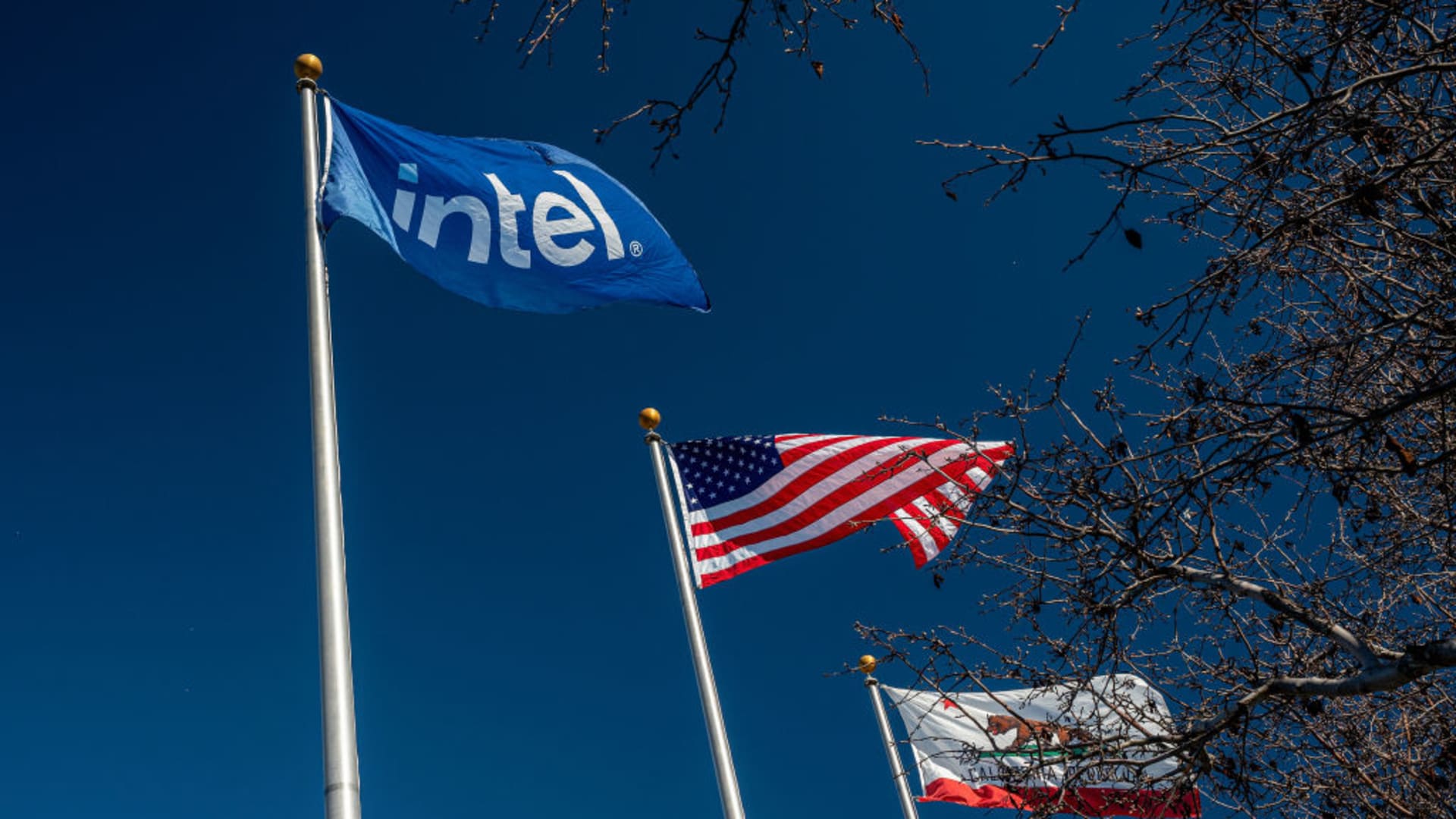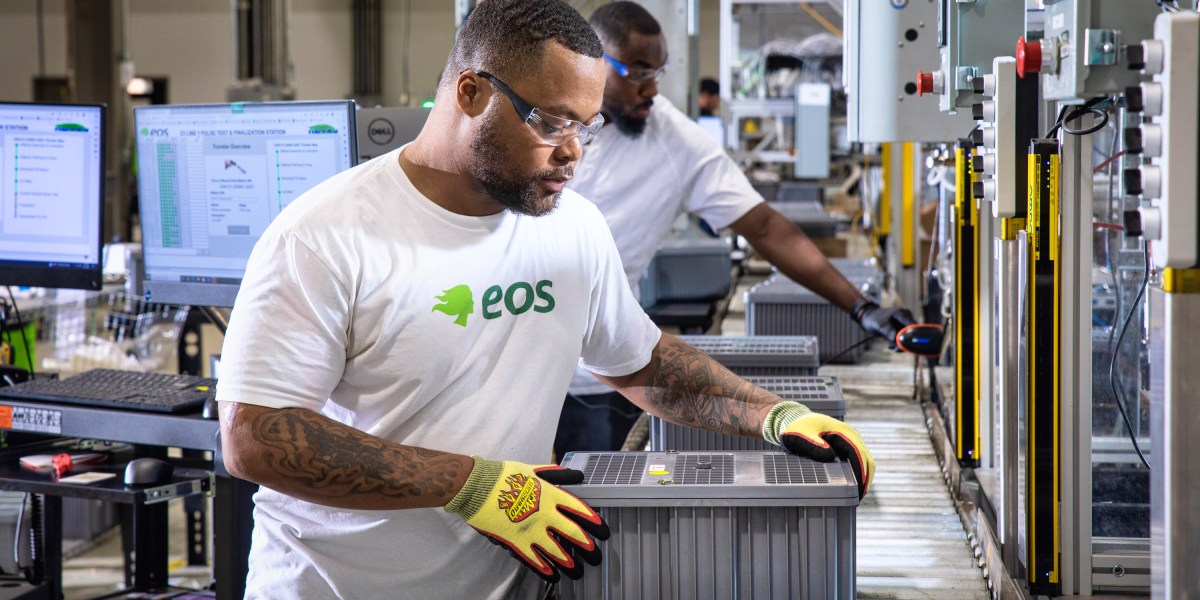The Great Acceleration: CIO Views on Generative Artificial Intelligence

Although AI was recognized as strategically important even before generative AI became prominent, our 2022 survey found that CIOs’ ambitions are limited: while 94% of organizations have used AI in some way, only 14% strove to achieve “enterprise-wide” AI by 2025. On the contrary, the power of generative AI tools to democratize AI—permeating it across all enterprise functions, supporting every employee, and engaging every customer—harnesses a tipping point where AI can grow from a technology used for specific use cases to one that truly defines modern enterprise.
Therefore, CIOs and CTOs will need to act decisively: use generative AI to capitalize on its opportunities and avoid competition, while making strategic decisions about data infrastructure, model ownership, workforce structure, and AI management that will be long- immediate implications for organizational success.
This report examines the latest thinking from CIOs at some of the world’s largest and best-known companies, as well as experts from the public, private and academic sectors. It presents their thoughts on artificial intelligence against the backdrop of our global survey of 600 CIOs.
Key results include the following:
• A treasure trove of unstructured and hidden data is now legible, unlocking business value. Previous AI initiatives had to focus on use cases where structured data was readily available and abundant; the complexity of collecting, annotating, and synthesizing heterogeneous data sets has made broader AI initiatives unviable. On the contrary, generative AI’s new ability to discover and exploit once-hidden data will drive extraordinary achievements across the organization.
• The age of generative artificial intelligence requires a flexible, scalable and efficient data infrastructure. To support these new initiatives, CIOs and CTOs are leveraging next-generation data infrastructures. More advanced approaches, such as databases, can democratize access to data and analytics, improve security, and combine low-cost storage with high-performance querying.

• Some organizations are looking to use open source technology to build their own LLMs, earning and protecting their own data and IP. CIOs are already aware of the limitations and risks of third-party services, including the release of sensitive information and dependence on platforms they do not control or have access to. They also see opportunities around developing individual LLMs and getting value from smaller models. The most successful organizations will find the right strategic balance based on a careful calculation of risk, comparative advantage and governance.
• The problem of automation should not be ignored, but dystopian predictions are overstated. Generative AI tools can already handle complex and diverse workloads, but CIOs and academics interviewed for this report do not anticipate large-scale threats from automation. Instead, they believe the broader workforce will be freed from time-consuming work to focus on more valuable areas of business insight, strategy and value.
• Uniform and consistent controls are the rails on which AI can accelerate forward. Generative AI carries commercial and societal risks, including the protection of commercially sensitive intellectual property, copyright infringement, unreliable or inexplicable results, and toxic content. To innovate quickly without breaking things or staying ahead of regulatory changes, diligent CIOs must address the unique management challenges of generative AI by investing in technology, processes, and institutional structures.
Download the full report.
This content was created by Insights, the custom content division of MIT Technology Review. This was not written by the MIT Technology Review.




